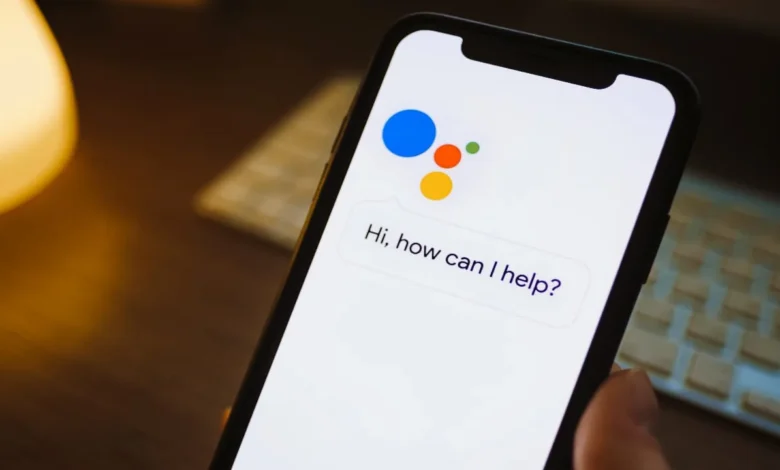
Google is destroying the Google Assistant experience as we know it. This statement might come as a shock to many, but honestly, it is not unlike Google. The tech giant has a history of abruptly discontinuing features, apps, and services. This trend is so prevalent that there’s even a website dedicated to it: KilledbyGoogle.com.
In a press release, Google announced significant changes to the Google Assistant, marking the end of several features that have become integral to users’ daily lives. The company is removing what it calls “underutilized features” as part of a shift in focus towards enhancing the quality and reliability of the Assistant across various devices. This announcement comes just as the company is laying off around a thousand employees, some of whom were part of the Google Assistant team.
From January 26, users will experience a pared-down version of Google Assistant. The most noticeable change will be the shift towards primarily delivering search results. Google explains that this is to prioritize “the experiences you love and investing in the underlying technology to make them even better.” However, it is unclear why Google is choosing to remove features that many consider essential. This move raises questions, especially in light of Google’s potential plans to integrate their BARD AI into the Assistant. If the Assistant loses its versatility, the utility of smart speakers and displays becomes questionable.
The list of features being phased out is extensive and impacts devices across the board, including mobile, smartwatches, and smart speaker/display units. Some of the key functionalities being removed include:
- Playing and controlling audiobooks on Google Play Books using voice commands.
- Setting or using media, music, or radio alarms on Assistant-enabled devices.
- Accessing or managing cookbooks, transferring recipes, and displaying instructional recipe videos.
- Managing a stopwatch on Smart Displays and Speakers.
- Voice commands for calling a device or broadcasting messages to Google Family Groups.
- Sending emails, video, or audio messages via voice.
- Rescheduling events in Google Calendar with voice commands.
- Using the App Launcher in Google Assistant driving mode on Google Maps.
- Scheduling or hearing previously scheduled Family Bell announcements.
- Meditating with Calm using voice commands.
- Voice control for activities on Fitbit Sense and Versa 3 devices.
- Viewing sleep summaries on devices other than Google Smart Displays.
- Making calls without caller ID on speakers and Smart Displays, unless using Duo.
- Viewing ambient “Commute to Work” time estimates on Smart Displays.
- Checking personal travel itineraries and flight statuses by voice.
- Taking actions such as sending payments, making reservations, or posting to social media via voice.
Google, in the release, assures that it will strive to make these transitions smooth and maintains that these changes are driven by user feedback – which is just weird. I wonder why or when customers would ask for features to be redcued. While the company promises improvements and a more consistent experience within the Google app, the full impact of these changes on the user experience remains to be seen.
As Google Assistant “evolves”, it seems we are finally seeing the death of voice interface experiments as the next face of computing? Which is weird coming at a time when AI is only rising. I would pay a lot of money for a proper Google Assistant Smart Speaker that works the same way it does, but is as smart as ChatGPT 4. We are seeing things like the AI Pin and the new Rabbit R1 coming up, yet Google thinks this is the best time to cut down on features?






